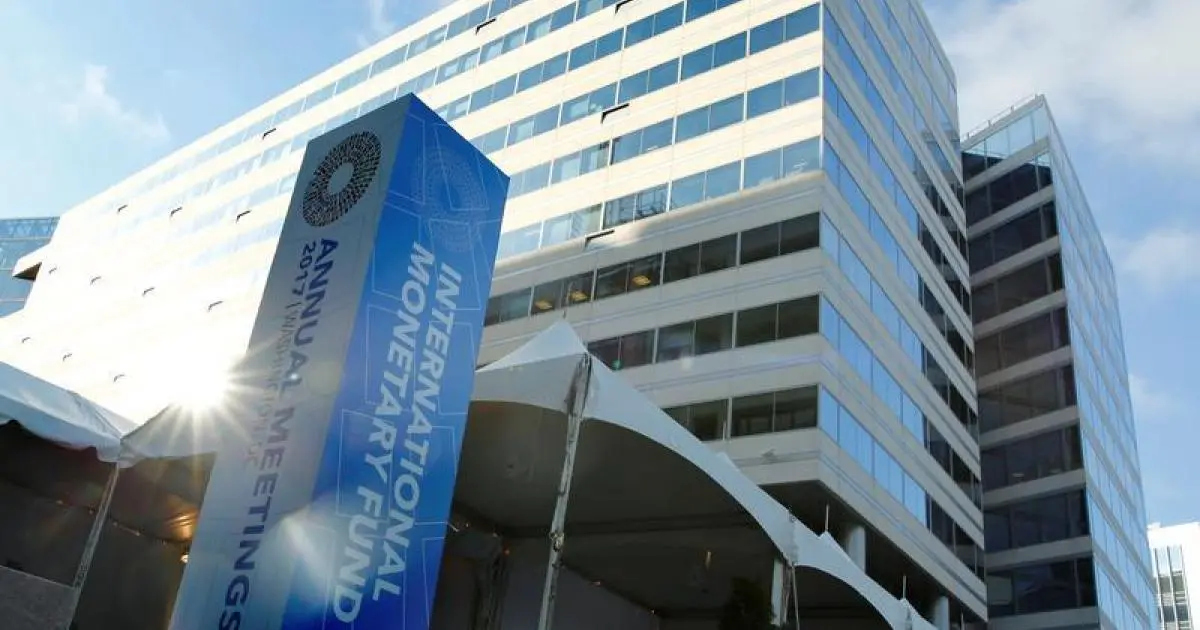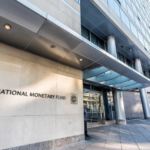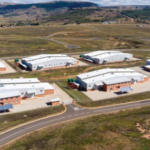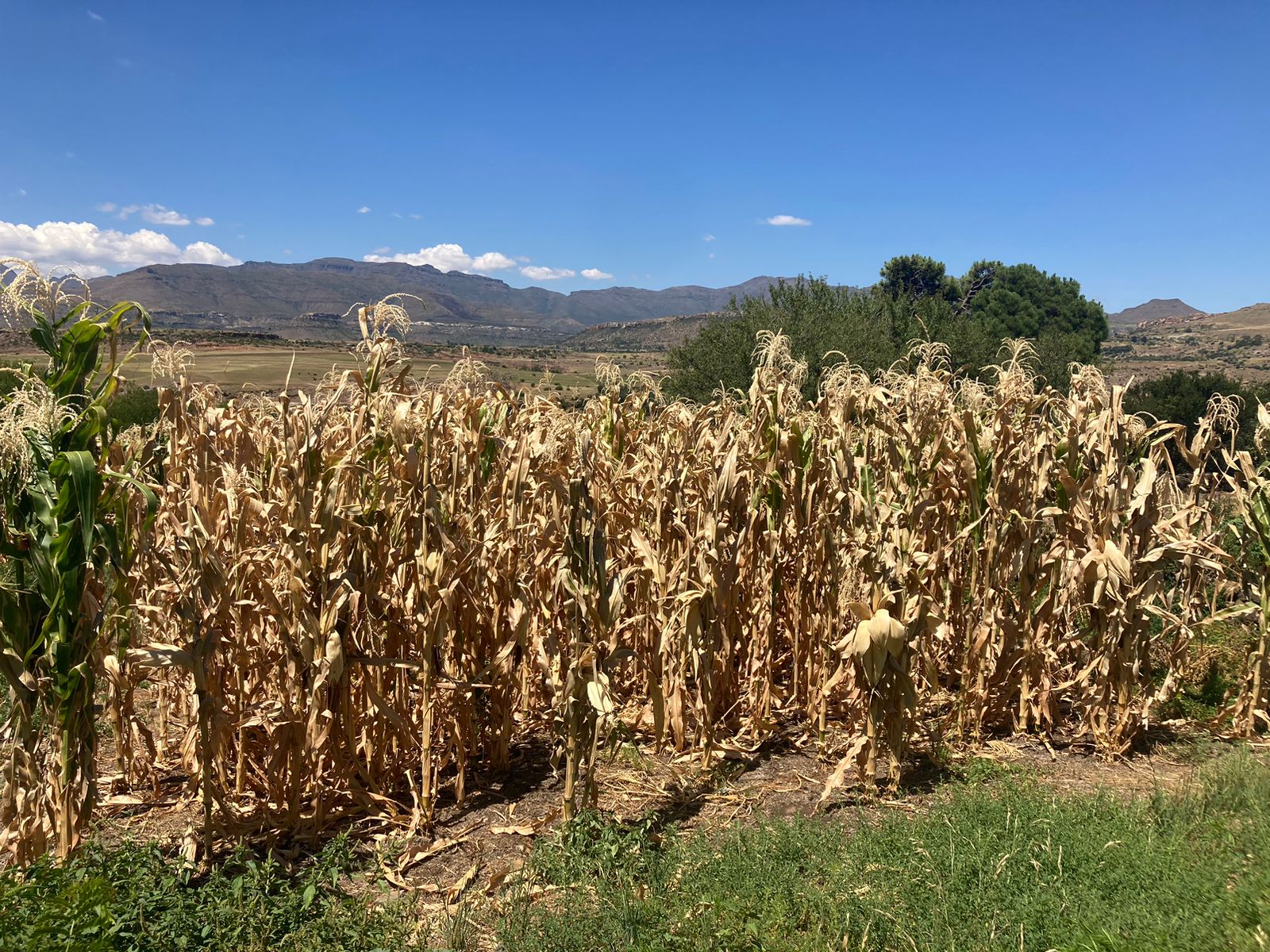… It highlights high unemployment, widespread poverty, and stagnant growth
Staff Reporter
Lesotho’s economy faces significant challenges, including high unemployment, widespread poverty, and sluggish growth, according to the International Monetary Fund (IMF).
In a statement released this week, the IMF highlighted additional risks such as global economic shocks, extreme weather events, fluctuating commodity prices, and uncertain revenue from the Southern African Customs Union (SACU).
“Against this backdrop, the IMF Directors welcomed Lesotho’s commitment to strengthening policy frameworks, supported by the Fund’s capacity development as needed,” the statement said.
This followed the IMF Executive Board’s conclusion of its annual Article IV consultation with Lesotho, a process that involves assessing the country’s economic health and policy measures.
During the consultation, the IMF emphasised the need for fiscal prudence to safeguard Lesotho’s foreign exchange reserves, sustain the currency peg to the South African Rand, and preserve debt sustainability.
“Containing the public wage bill, improving spending efficiency, and prioritising social programs for the most vulnerable remain critical,” the IMF stressed.
The IMF also advised Lesotho to leverage its increased water royalties by establishing a well-governed savings framework, anchored by a credible fiscal rule, to build financial buffers and support long-term development goals.
In addition, the IMF called for strengthened public financial management (PFM). This includes the passage of PFM-related legislation, better budget processes, and improved internal controls and financial reporting.
The Directors highlighted the importance of enhancing public investment efficiency through a prioritized capital project pipeline and improved project management capacity.
Monetary policy, the IMF advised, should focus on maintaining price stability and safeguarding the currency peg. While inflation has slowed, the IMF urged authorities to monitor price trends closely and remain ready to adjust monetary policy if inflationary pressures resurface.
On financial sector stability, the IMF noted that while Lesotho’s financial sector remains stable, continued monitoring of risks, particularly from the nonbank financial sector, is necessary.
The Directors recommended updating the national financial inclusion strategy to improve financial intermediation and support private sector growth.
The IMF further encouraged structural reforms aimed at catalysing inclusive, job-rich growth by improving the business environment, strengthening governance, and reducing corruption risks.
“We applaud the authorities’ commitment to improving data quality and timeliness to support informed policymaking,” the statement added.
Lesotho’s economic growth picked up modestly to 2.2 percent for the 12 months ending in March 2024, up from 1.6 percent the previous year. This was largely driven by accelerated construction under the Lesotho Highlands Water Project (LHWP).
However, the IMF noted that unemployment remains high, and exports from the diamond and textile sectors have been sluggish. Additionally, the country faces food-security concerns following an exceptionally dry season.
Inflation rose to 6.5 percent in June 2024, up from 4.5 percent a year earlier, although it has eased from a peak of 8.2 percent in January 2024. The IMF attributed the increase to external factors that are expected to fade over time.
The fiscal situation has improved, with Lesotho posting a fiscal surplus of 6.1 percent of GDP for the fiscal year ending March 2024. Higher-than-expected SACU transfers (10.4 percent of GDP) were used to reduce arrears and rebuild central bank deposits, rather than increasing the public wage bill as had been done in the past.
The Central Bank of Lesotho (CBL) maintained its policy rate at 7.75 percent, in line with South Africa’s rates, to support the Loti’s peg to the Rand. Private sector credit growth increased to 12.5 percent in FY2023/24, driven largely by construction, while nonperforming loans decreased to 3.8 percent of total loans by the fourth quarter of 2023.
Looking ahead, the IMF projects economic growth to peak at 2.7 percent in FY2024/25, with inflation expected to ease gradually. Another year of elevated SACU transfers will bolster fiscal and external balances, but these transfers are expected to decrease significantly starting in FY2025/26.
The IMF noted that higher water royalties will help offset the shortfall, and the fiscal balance is projected to remain in surplus over the medium term.
“The authorities are encouraged to continue their prudent fiscal approach, ensuring that additional revenues are saved wisely and spent strategically, while pushing forward with reforms to support private sector-led growth,” the IMF said.
Summary
- In a statement released this week, the IMF highlighted additional risks such as global economic shocks, extreme weather events, fluctuating commodity prices, and uncertain revenue from the Southern African Customs Union (SACU).
- During the consultation, the IMF emphasised the need for fiscal prudence to safeguard Lesotho’s foreign exchange reserves, sustain the currency peg to the South African Rand, and preserve debt sustainability.
- The IMF also advised Lesotho to leverage its increased water royalties by establishing a well-governed savings framework, anchored by a credible fiscal rule, to build financial buffers and support long-term development goals.

Your Trusted Source for News and Insights in Lesotho!
At Newsday Media, we are passionate about delivering accurate, timely, and engaging news and multimedia content to our diverse audience. Founded with the vision of revolutionizing the media landscape in Lesotho, we have grown into a leading hybrid media company that blends traditional journalism with innovative digital platforms.










